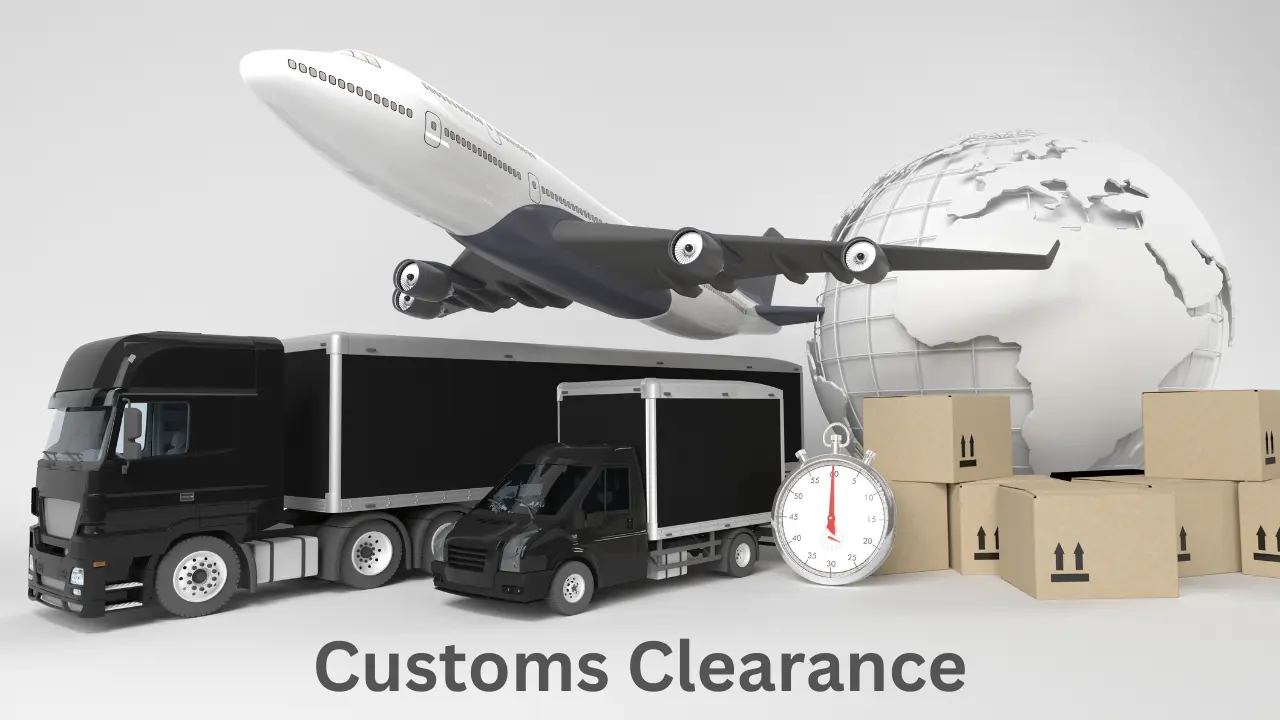When it comes to international trade, the customs clearance process is a vital step that can significantly impact the flow of goods across borders. Businesses involved in global commerce understand the complexities and challenges associated with customs clearance. In this blog, we’ll delve into the role of customs clearance services and provide valuable tips to streamline this crucial aspect of international trade.
1. Leverage Professional Customs Clearance Services
The foundation of a successful customs clearance process lies in partnering with experienced customs clearance services providers. These professionals have a deep understanding of the intricate web of international regulations and can guide you through the process with confidence. Their expertise ensures that your shipments meet all compliance requirements, reducing the risk of delays and penalties.
2. Prioritize Accurate Documentation
Documentation forms the backbone of customs clearance. Inaccurate or incomplete paperwork can lead to significant delays and complications. Customs clearance services providers are well-versed in the required documentation, such as commercial invoices, packing lists, and certificates of origin. Ensuring the accuracy and completeness of these documents is paramount to a smooth clearance process.
3. Optimize Goods Classification
The proper classification of goods is crucial for determining applicable duties, taxes, and restrictions. Customs clearance services providers possess the expertise to accurately classify your products based on the Harmonized System (HS) codes. This classification ensures compliance with regulations and prevents unnecessary financial burdens.
4. Stay Informed About Regulations
International trade regulations are dynamic and subject to change. Keeping abreast of these changes is essential to avoid surprises during the customs clearance process. Customs clearance services providers have their fingers on the pulse of these developments and can provide timely updates, enabling you to adjust your strategies accordingly.
5. Prepare for Pre-Clearance
A proactive approach to customs clearance involves pre-clearance preparation. Engage with your customs clearance services provider well in advance to ensure that all required information is submitted before your shipment reaches the border. This preparation can significantly expedite the process and minimize potential delays.
6. Harness the Power of Technology
Embracing technological solutions is a game-changer in customs clearance. Many customs clearance services providers offer online platforms that streamline document submission, real-time tracking, and communication. Integrating these tools into your workflow enhances efficiency and reduces the chances of errors.
7. Foster Effective Communication
Smooth customs clearance relies on open and effective communication. Maintain regular contact with your customs clearance services provider, freight forwarders, and any other stakeholders involved. This communication ensures that everyone is on the same page and enables quick resolution of any unforeseen issues.
8. Post-Clearance Audits and Record Keeping
Highlight the importance of maintaining meticulous records even after the customs clearance process is completed. Discuss how customs clearance services providers aid businesses in post-clearance audits, ensuring that records are accurate and accessible in case of regulatory inquiries or future assessments.
9. E-commerce and Cross-border Trade
Discuss the growing significance of e-commerce in global trade and its implications for customs clearance. Address how customs clearance services providers adapt their processes to accommodate the unique requirements of cross-border e-commerce shipments, including customs duties, taxes, and electronic documentation.
10. Dealing with Special Goods and Regulatory Challenges
Dive into the challenges associated with special goods like hazardous materials, perishables, or restricted items. Explain how customs clearance services providers navigate these challenges, ensuring proper handling, documentation, and compliance with specific regulations governing such goods.
In conclusion, customs clearance is a pivotal phase in international trade that requires meticulous attention to detail and adherence to regulations. Collaborating with seasoned customs clearance services providers, prioritizing accurate documentation, staying updated on regulations, and embracing technology are all strategies that can streamline the process. By doing so, you’ll ensure that your goods traverse international borders seamlessly, contributing to the growth and success of your global business endeavors.


